At a time when technology is an integral part of our daily lives, The story of Kathrine Virginia Switzer born in 1947 takes us back to an era that did not have the same concept.
We are in the sixties, women’s sport is not as popular as it is today. Kathrine Virginia Switzer, who studies journalism at Syracuse University, trains in cross-country with men because there is no women’s team for this discipline. She heard that another woman, named Roberta Gibb run this distance, at the Boston Marathon in 1966 in 3h21m25s without being registered. Kathrine Virginia Switzer therefore asks her trainer Arnie Briggs to let her run this marathon, he refuses because of the prejudices of the time. But he ends up reconsidering his position, and let her run this distance during training, to reach her goal by running an approved marathon for a woman. Where it all began.
It is with these initials K V “Kathrine Virginia” that she signs the application to enter the Boston marathon. She is training hard for this event, covering more distance during training. She was 20 years old when she competed in this marathon on April 19, 1967 in Boston, with bib number 261. Alongside her trainer Arnie Briggs and her companion Tom Miller, she wore shorts and a tracksuit to take part in this event. , which marks a turning point in the history of women’s sport. Recognizable by her appearance, and the makeup she wears, she was noticed at the sixth kilometer, by one of the race organizer Will Cloney, who wanted to prevent her from continuing her race. An incredible story these days, even surreal, but put in context takes on a whole new meaning. Somewhat frightened by the turn of events, Kathrine Virginia Switzer will continue her mission, despite the constant threats from Semple who orders her to stop running. She will be defended by her coach Arnie Briggs, then by her companion Tom Miller who will violently push Semple with a shoulder, sending him down the side of the road.
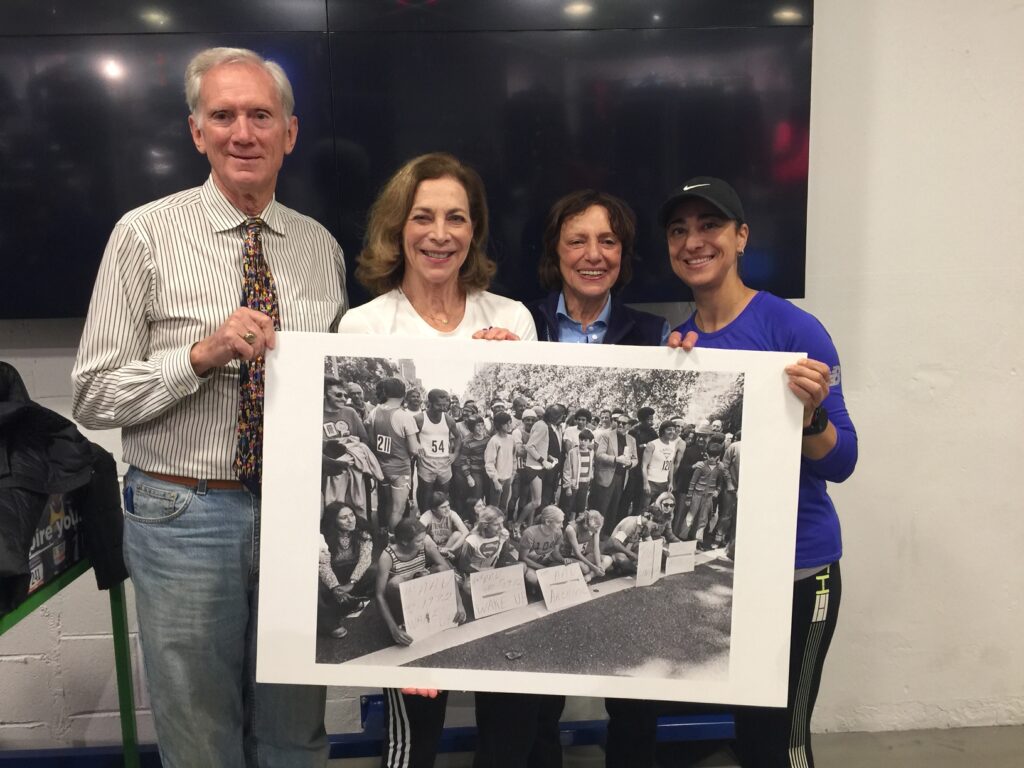
This unpleasant incident will give additional motivation to Kathrine Virginia Switzer to go to the end of this journey. She will finish the marathon in 4h20mn, one hour longer than Roberta Gibb. But for her, it’s already a victory, because when she crosses this finish line, she knows that the press will seize the moment. The photos and the intimidation scene on the course will make the headlines, and even if Kathrine Virginia Switzer will be disqualified from the race, by the AAU (the American Athletics Federation) which prohibits women the right to participate at road races. Kathrine Virginia Switzer’s goal has already been achieved, to make this race a milestone in the history of women’s sport, a ban that will open a door for the women’s marathon.
Following this race, Kathrine Virginia Switzer will campaign for the recognition of the Boston Marathon for women, also be included in the Olympic’s program. It was in 1972 that this event was officially opened to women, and then in 1984 the first Women’s Olympic Marathon was held. At the end of this fight, the performances of Kathrine Virginia Switzer did not stop growing: female victory in the New York marathon in 1974 in 3h07mn29s, 59th times marathon, personal best performance to add to her credit Boston Marathon in 2h51mn37s. She also contributes to the protest against differences and inequalities in sport. Fifty years after her first appearance, she continues to run defending this noble cause. On April 17, 2017 she ran her ninth Boston Marathon at 70, with the same bib number 261, for a time of 4h44mn31s. On April 22, 2018 she participated in her 40th Marathon in London, which she finished in 4h44mn49s. Beyond sporting performance, we must above all remember the fight of a woman, who has made her condition a strength, and show everyone that any form of injustice can be overcome. Her last testimony during her visit to Paris in October 2019, proves that her action somewhat opened up a new sports path for women beyond taboos.
A passion that thanks to the virtues of sport , has greatly contributed to the rise of the female marathon in the world. Proof that this mass craze freed the woman from these old contests, by exhaling in other areas.
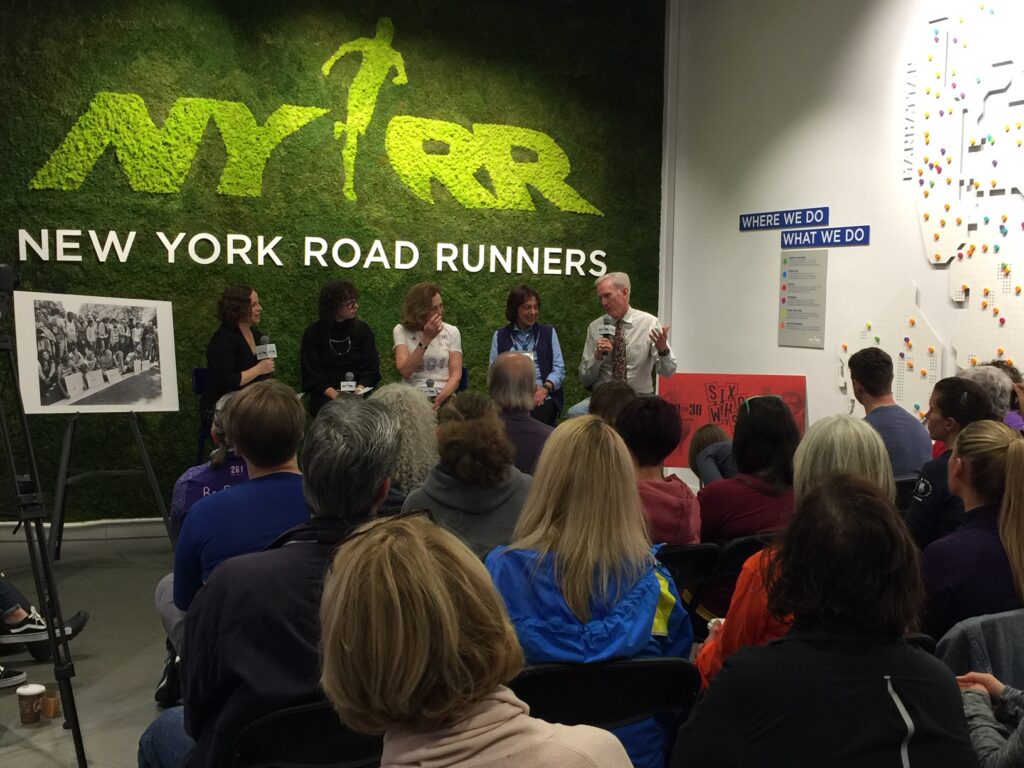










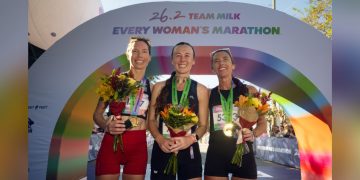









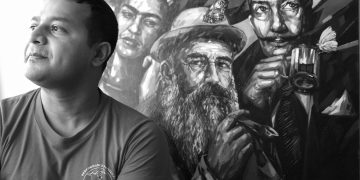
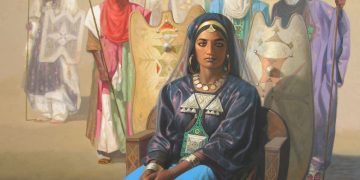


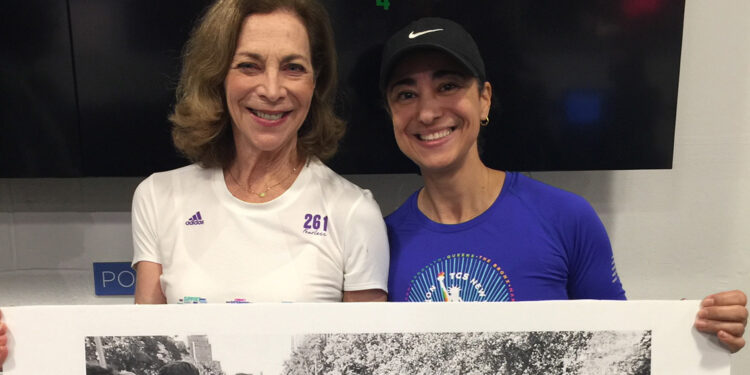

















Comments 1